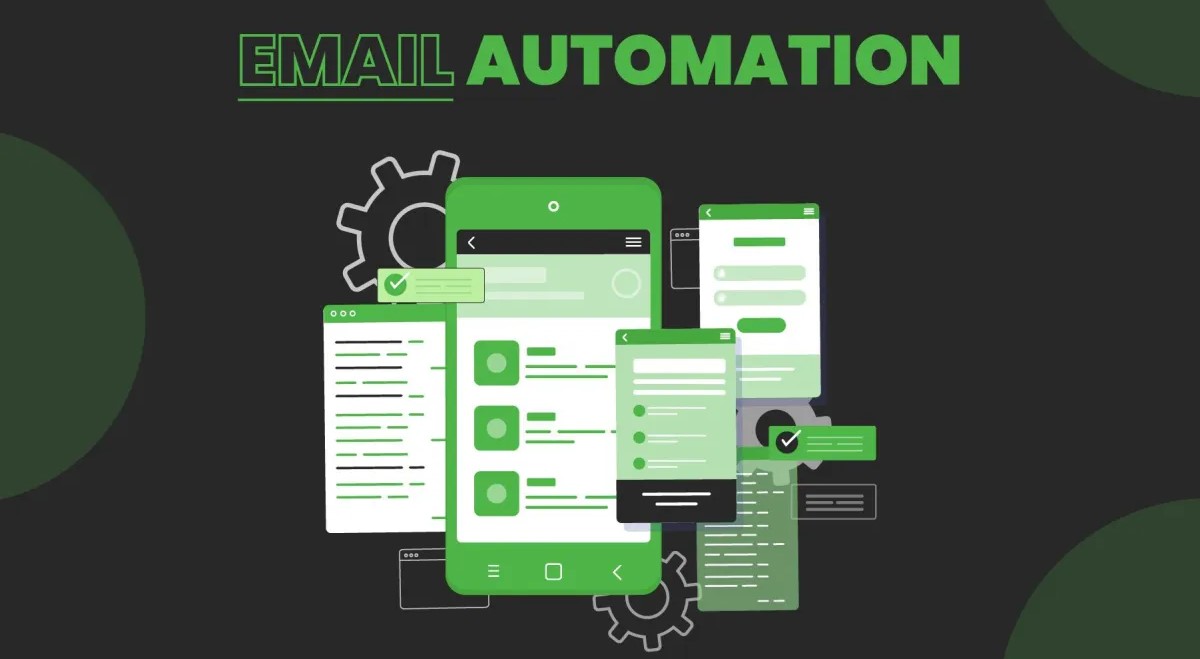
Email automation refers to the use of technology and predefined workflows to send out emails automatically to a list of recipients. This can save time and streamline communication processes, whether for marketing, customer support, or other purposes.
Here are some key aspects of email automation:
Automated Triggers: Email automation can be triggered by specific events or actions, such as a user signing up for a newsletter, making a purchase, or abandoning a shopping cart on an e-commerce website.
Drip Campaigns: Drip campaigns involve sending a series of pre-scheduled emails to a subscriber over a period of time. This is often used for lead nurturing or onboarding sequences.
Segmentation: Emails can be sent to specific segments of your email list based on various criteria, such as demographics, behavior, or past interactions with your emails and website.
Personalization: Automation allows for the personalization of emails, including addressing recipients by their first name and tailoring content to their interests and previous interactions.
A/B Testing: You can set up A/B tests to optimize subject lines, content, and other email elements to improve open rates and click-through rates.
Scheduled Sending: You can set specific times and dates for your emails to be sent, ensuring that they reach recipients at the most effective times.
Lead Scoring: Automation tools can assign scores to leads or contacts based on their behavior, helping your sales and marketing teams prioritize follow-ups.
Analytics and Reporting: Email automation platforms provide data and analytics to track the performance of your email campaigns. This includes open rates, click-through rates, conversion rates, and more.
Autoresponders: Autoresponders can be set up to send immediate responses to specific triggers or inquiries, such as confirming a purchase or thanking someone for signing up.
CRM Integration: Many email automation tools integrate with Customer Relationship Management (CRM) systems, helping you keep track of customer interactions and information in one place.
Compliance: It's essential to ensure that your email automation practices comply with email marketing laws, including the CAN-SPAM Act withinside the United States or the GDPR in Europe.
Popular email automation tools and platforms include Mailchimp, HubSpot, SendinBlue, and ActiveCampaign, among others. These tools often offer a range of features to help businesses automate and optimize their email marketing efforts, improving efficiency and effectiveness while maintaining a personal touch in communication with their audience.
To more help visit our site: https://www.simplefastfunnels.com/

No comments yet